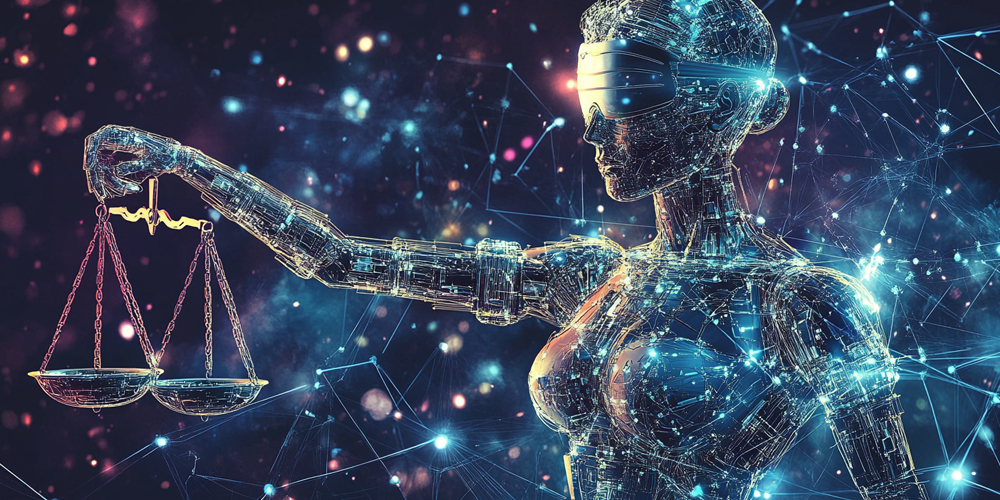Top Applications of Machine Learning in Today’s Industries
Machine Learning (ML) has transformed the way industries operate. Its applications are diverse and impactful. This article explores the top applications of machine learning across different sectors. You will discover how this technology enhances efficiency, decision-making, and customer experiences.
1. Healthcare and Medical Diagnostics
The healthcare industry has a lot to gain from machine learning. One of its most significant applications is in medical diagnostics. Machine learning algorithms analyze medical data, aiding doctors in diagnosing diseases early. For instance, imaging technologies, such as X-rays and MRIs, benefit from ML. Algorithms can identify anomalies faster than human specialists, improving patient outcomes.
A. Predictive Analytics in Patient Care
Another vital application is predictive analytics. Healthcare facilities use machine learning to forecast patient admissions, optimize staffing, and allocate resources. This predictive capability enhances patient care and reduces costs. For example, hospitals can predict flu outbreaks using historical data, preparing staff and resources accordingly.
B. Personalized Treatment Plans
Machine learning also tailors treatment plans to individual patients. By analyzing genetic information and treatment responses, ML aids in creating personalized therapies. This personalized approach leads to better treatment outcomes and increases patient satisfaction.

2. Finance and Banking
The finance industry utilizes machine learning significantly. Algorithms help detect fraudulent transactions in real-time. Banks analyze transaction patterns to identify anomalies that indicate fraud. Consequently, they can prevent financial losses and protect customer accounts swiftly.
A. Algorithmic Trading
In trading, ML algorithms analyze vast datasets to make informed predictions. These algorithms assist traders in identifying profitable opportunities, automating buy and sell decisions. As a result, they enhance the overall efficiency and profitability of trading operations.
B. Credit Scoring and Risk Assessment
Machine learning also plays a role in credit scoring. Lenders use ML to analyze a borrower’s credit history and behavior patterns. This analysis results in more accurate risk assessments, allowing lenders to make better decisions. Consequently, consumers benefit from more fair loan offerings.
3. Retail and E-commerce
In the retail sector, machine learning enhances the shopping experience and operational efficiency. E-commerce platforms utilize ML for product recommendations. By analyzing customer preferences, these algorithms suggest items that align with individual tastes.
A. Inventory Management
Retailers also employ machine learning to optimize inventory levels. Predictive analytics help forecast demand based on historical sales data. This information enables retailers to maintain optimal stock levels, reducing waste and improving customer satisfaction.
B. Dynamic Pricing Strategies
Machine learning algorithms assess market trends and competitor pricing. Retailers use this data to implement dynamic pricing strategies. As a result, they can adjust prices based on demand, maximizing revenue and remaining competitive.
4. Automotive Industry
The automotive industry has embraced machine learning to enhance vehicle safety and efficiency. Advanced Driver Assistance Systems (ADAS) rely on machine learning algorithms to process real-time data. These systems help prevent accidents and improve overall road safety.
A. Predictive Maintenance
Another critical application in automotive is predictive maintenance. Vehicle manufacturers utilize ML to analyze performance data and predict maintenance needs. This approach reduces downtime and enhances vehicle reliability.
B. Autonomous Vehicles
Machine learning is at the forefront of developing autonomous vehicles. Self-driving cars rely on complex ML algorithms to navigate safely. They process vast amounts of data from sensors and cameras, ensuring safe and efficient driving experiences.
5. Manufacturing and Supply Chain
Machine learning is revolutionizing manufacturing and supply chain management. Predictive maintenance helps identify equipment failures before they disrupt production. Consequently, manufacturers can minimize downtime and optimize operational efficiency.
A. Quality Control
Machine learning algorithms also enhance quality control processes. They analyze product lines to identify defects and inconsistencies. By monitoring data in real time, manufacturers can maintain high-quality standards.
B. Supply Chain Optimization
Supply chains benefit from machine learning through demand forecasting. ML analyzes historical data to predict future demand. As a result, businesses can optimize inventory and logistics, reducing costs and improving service levels.
6. Agriculture
In agriculture, machine learning is transforming farming practices. Precision agriculture relies on ML technologies to analyze soil conditions, weather patterns, and crop health. Farmers use this data to make informed decisions.
A. Crop Disease Prediction
ML algorithms help predict crop diseases by analyzing patterns in plant health data. Early detection allows farmers to implement prevention strategies, reducing losses and improving yield.
B. Yield Prediction and Optimization
Machine learning also enhances yield prediction models. By analyzing historical and real-time data, farmers can optimize planting schedules and resource allocation. This precision results in increased productivity and sustainability.
7. Telecommunications
The telecommunications industry leverages machine learning for improved customer service and operational efficiency. ML algorithms analyze call data and identify network issues before they disrupt service.
A. Customer Experience Enhancement
Telecom providers utilize machine learning to personalize customer experiences. By analyzing customer interactions, they can tailor offerings and improve satisfaction. Billing inquiries, service calls, and support are streamlined through automated systems powered by ML.
B. Network Optimization
Machine learning assists in optimizing network performance. Telecom companies can predict traffic patterns and adjust resources to ensure quality service. This optimization leads to enhanced connectivity and customer loyalty.
8. Education
Machine learning is making waves in the education sector. Personalized learning systems analyze student performance and adapt content accordingly. This adaptive learning ensures that each student receives tailored instruction.
A. Student Performance Analytics
By analyzing vast amounts of data, ML assists educators in understanding student strengths and weaknesses. Teachers can identify areas where students require additional support, personalizing learning experiences.
B. Administrative Efficiency
Educational institutions also benefit from machine learning in administrative tasks. Automated systems streamline admissions, grading, and scheduling processes. This automation allows educators to focus on teaching rather than administrative tasks.
9. Energy Management
The energy industry harnesses machine learning for smart grid management. Algorithms analyze consumption patterns, allowing utilities to optimize energy distribution. By predicting peak usage times, providers can manage resources effectively.
A. Predictive Maintenance in Energy Infrastructure
Machine learning applications extend to predictive maintenance for energy infrastructure. Utilities identify potential failures before they occur, reducing downtime and ensuring reliable service.

B. Renewable Energy Integration
With the rise of renewable energy sources, ML helps in integrating these resources into the grid. Machine learning analyzes weather patterns and predicts energy output from solar and wind sources, enhancing grid stability.
10. Real Estate
The real estate market increasingly adopts machine learning for various applications. Predictive analytics influence market trends and property valuations. Real estate professionals leverage ML to forecast property values based on historical data.
A. Property Recommendation Systems
Machine learning powers property recommendation engines that analyze user preferences. These systems provide personalized suggestions for potential buyers or renters based on their requirements.
B. Market Analysis
Real estate investors benefit from machine learning through detailed market analyses. Algorithms assess market conditions, identifying lucrative investment opportunities. Investors can make data-driven decisions, maximizing returns.
Conclusion
Machine learning is deeply embedded in today’s industries, transforming processes and enhancing efficiency. From healthcare to finance and agriculture, its applications are vast and impactful. By adopting machine learning technologies, companies can drive innovation and improve customer experiences. As we continue to explore this dynamic field, the potential for further advancements remains exciting.





